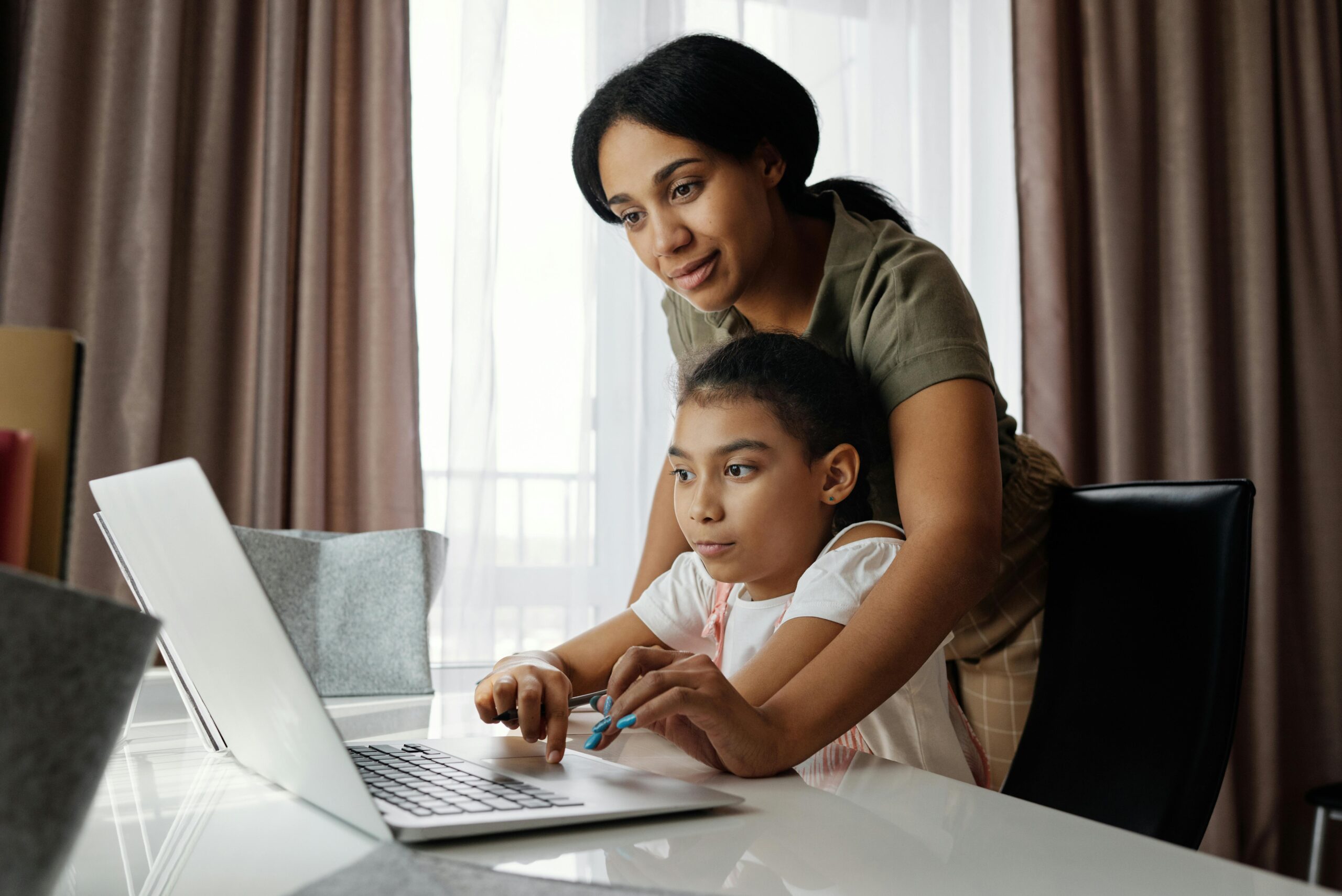By Soumaya Kawass, Psychomotor Therapist
Is Your Child Struggling with Online Learning During War?
10 Tips from a Psychomotor Therapist
As parents, ensuring your child’s well-being and education during a war crisis can feel overwhelming. Disruptions, stress, and instability can affect their ability to focus and learn, making it essential to approach online learning with flexibility and care. As a psychomotor therapist, I’ve put together some practical as well as straightforward tips to help you guide your child through these difficult times and balance both their emotional and physical needs.
- Create a Calm, Safe Learning Space
Even if things might seem uncertain outside, you can always manage to make a corner of your home feel “safe”. Pick a spot where your child can engage in their lessons without distractions. This place doesn’t need to be fancy; it can be as simple as a small desk or table but it should be consistent and feel comforting. Make sure this area is free of loud noises and clutter so your child can focus and learn.
- Stick to a Routine
War crises can disturb daily life and children thrive on routine. Try to establish a daily schedule that mirrors their usual school day. Have a definitive time for online classes, homework, breaks, and meals. Keeping a predictable routine can give your child a sense of control and stability, which is incredibly comforting especially when everything seems chaotic.
- Encourage Movement Breaks
Sitting for long periods in front of a screen can lead to restlessness, stress, and physical tension. Plan regular movement breaks for your child. These “breaks” can be short (just a few minutes) in order to stretch their bodies. Simple activities like jumping, dancing, or even rolling a ball can help your child release their energy and regain focus.
- Allow Emotional Expression Through Play
Children process their emotions through movement and play. Encourage your child to express how they feel through drawing, storytelling, or playing with toys. You can ask them to draw how their day went or use role playing games to help them talk about their feelings. This helps reduce anxiety and builds emotional resilience.
- Be Present and Support
Your child may feel more anxious than usual so being present during their online lessons can help. Sit with them whenever it’s possible or check on them regularly. Your presence provides emotional support and can also help them stay on track in case they feel overwhelmed or distracted.
- Limit Screen Time
While online learning is essential, too much screen time can also lead to fatigue and irritability. Try to balance online activities with offline tasks like reading, puzzles, or creative play. Keeping screen time under control will help protect their mental health and keep their energy for learning.
- Incorporate Sensory Activities
Children in stressful environments can benefit from activities that engage their senses. Provide simple sensory experiences like playing with clay, water, or textured objects. These activities can soothe anxiety and give your child a break from the mental demands of online learning.
- Use Positive Reinforcement
With all the uncertainty around them, children need extra encouragement. Praise their efforts no matter how small and celebrate their progress. This can be as simple as telling them: “Great job for finishing that assignment!” Positive reinforcement boosts their confidence and helps them stay motivated.
- Foster Social Connections
While physical interactions may be limited, staying connected with peers and teachers is essential for your child’s social and emotional well-being. Help them stay in touch with friends through virtual playdates or study groups, and encourage regular communication with their teachers. Even small meetups can be beneficial for your child.
- Don’t Hesitate to Seek Help
If you notice any sign of severe stress with your child (trouble sleeping, intense anxiety, or behavioral changes…) reach out to a therapist or a counselor. Psychomotor therapists, in particular, can help address physical and emotional concerns through movement and play-based strategies.
Conclusion
Supporting your child’s online learning during war crisis isn’t just about academics, it’s about their emotional and physical well-being too. By providing a calm and structured environment, encouraging physical activity, and being emotionally supportive, you can help your child navigate this challenging time with resilience and strength. Always Remember: Small steps can make a big difference.
